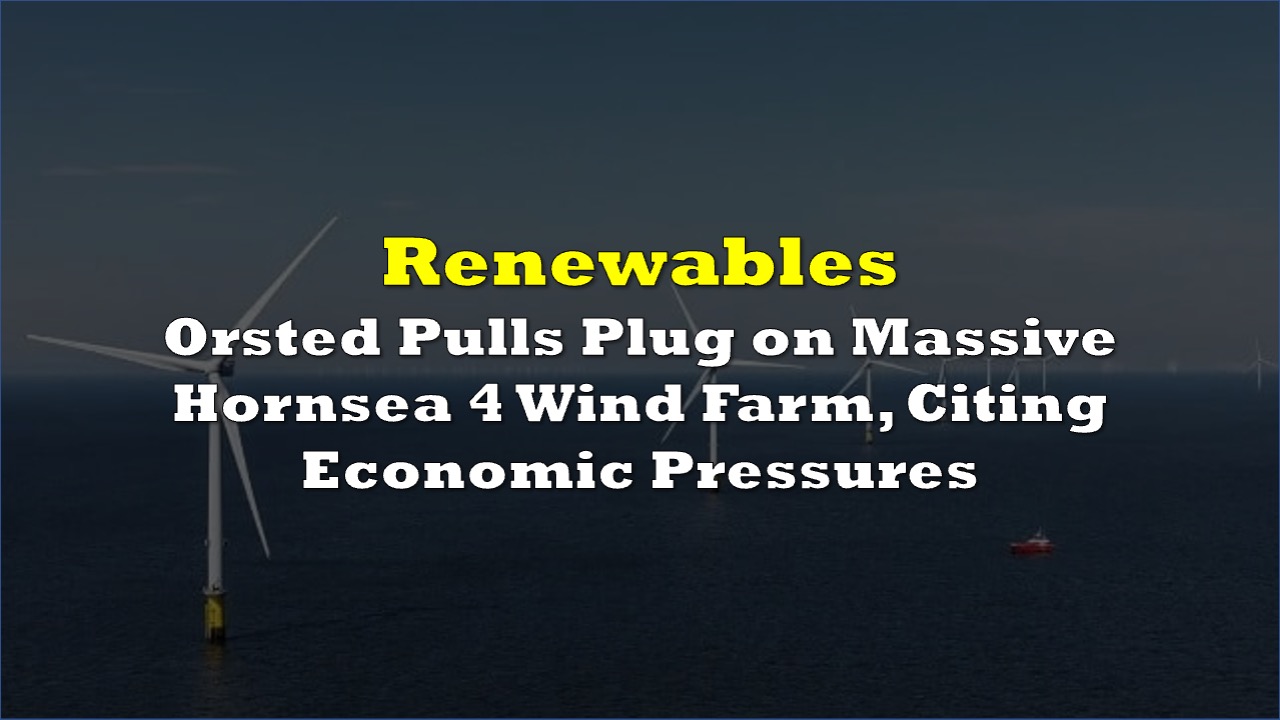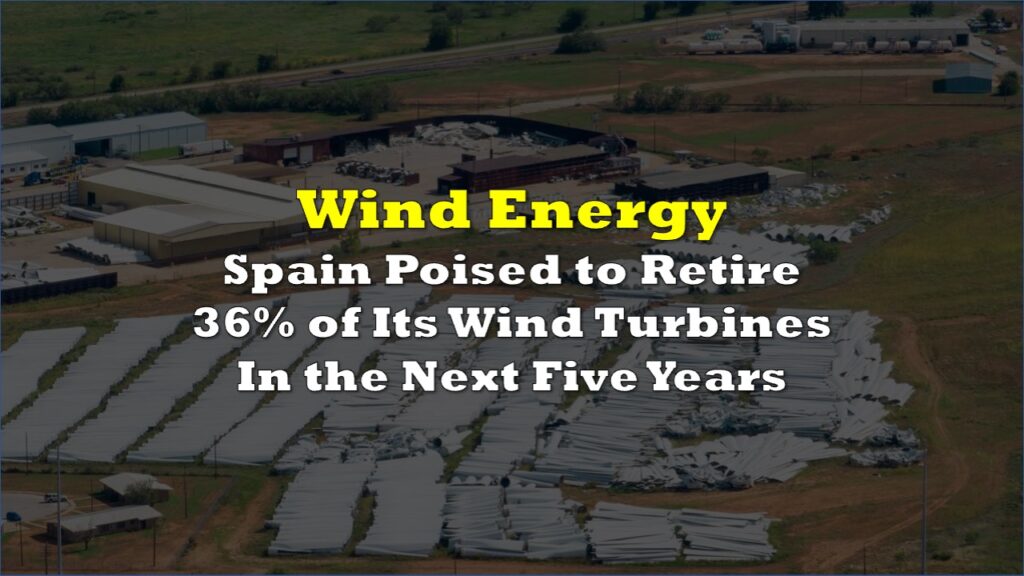Danish energy firm Orsted (CPH: ORSTED) has abandoned plans for the fourth phase of its Hornsea wind project, creating a major obstacle for Britain’s clean energy ambitions.
The 2.4 gigawatt installation planned off Yorkshire would have generated electricity for roughly one million residences and was considered essential for the government’s renewable energy expansion strategy.
According to Orsted’s chief executive Rasmus Errboe, economic factors including escalating expenses throughout the supply chain, elevated interest rates, and heightened implementation challenges rendered the project financially unfeasible.
Renewable champion Orsted cancels what was going to be one of the largest UK windfarms (Hornsea 4 with ~2.4 GW capacity). It said the project didn't make economic sense, despite a 15-year government contract to sell electricity (in 2025 money, CfD for the project is ~£83/MWh)
— Javier Blas (@JavierBlas) May 7, 2025
The company projects termination expenses between 3.5-4.5 billion Danish kroner ($533-685 million) for the current fiscal year.
Analysts consider this development part of a concerning pattern affecting offshore wind development globally, as the sector contends with economic pressures, materials inflation, and logistics complications.
Previously, Orsted discontinued two Atlantic coast ventures in the United States and postponed development near Rhode Island until 2026. In a parallel situation last year, Vattenfall halted construction of its major North Sea installation that would have supplied power to approximately 1.5 million UK households.
The announcement occurs as British authorities face mounting challenges regarding their environmental objectives, which aim to dramatically increase various renewable power sources within the decade.
Representatives from the energy sector have requested government modifications to procurement procedures that acknowledge current economic realities and have expressed opposition to proposed electricity market reforms.
On the same day, oil and gas producer Harbour Energy disclosed workforce reductions potentially affecting 250 positions at its Scotland operations, attributing this decision to governmental taxation policies on fossil fuel extraction.
Despite current difficulties, Orsted maintains optimism about long-term market conditions for wind energy, citing increasing electricity requirements and greater emphasis on autonomous energy production.
Information for this story was found via Bloomberg, The Guardian, and the sources and companies mentioned. The author has no securities or affiliations related to the organizations discussed. Not a recommendation to buy or sell. Always do additional research and consult a professional before purchasing a security. The author holds no licenses.









